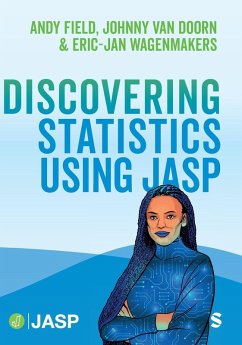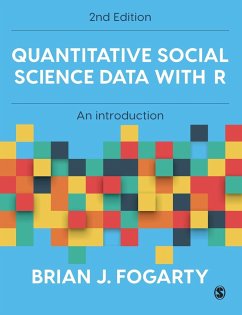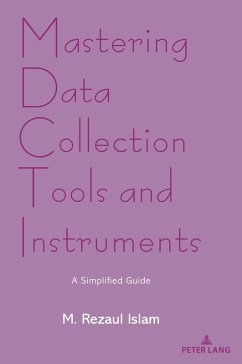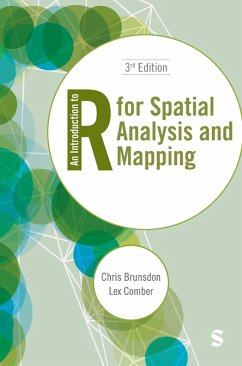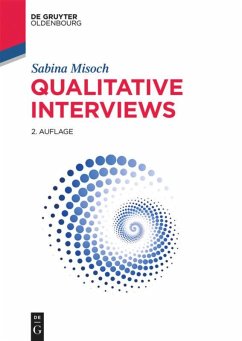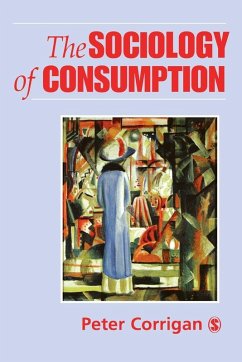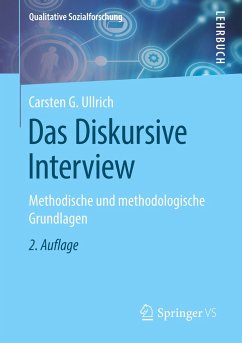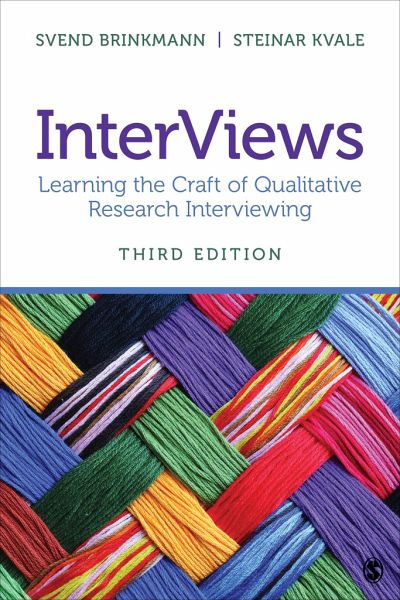
InterViews
Learning the Craft of Qualitative Research Interviewing
Versandkostenfrei!
Sofort lieferbar
55,90 €
inkl. MwSt.

PAYBACK Punkte
28 °P sammeln!
The Third Edition of Brinkmann and Kvale's InterViews: Learning the Craft of Qualitative Research Interviewing , offers readers comprehensive and practical insight into the many factors that contribute to successful interviews. The book invites readers on a journey through the landscape of interview research, providing the "hows" and "whys" of research interviewing, and outlines paths for students to follow on the way to research goals. Thoroughly updated to account for all recent developments in qualitative interviewing, the New Edition expands its focus on the practical, epistemological, and...
The Third Edition of Brinkmann and Kvale's InterViews: Learning the Craft of Qualitative Research Interviewing , offers readers comprehensive and practical insight into the many factors that contribute to successful interviews. The book invites readers on a journey through the landscape of interview research, providing the "hows" and "whys" of research interviewing, and outlines paths for students to follow on the way to research goals. Thoroughly updated to account for all recent developments in qualitative interviewing, the New Edition expands its focus on the practical, epistemological, and ethical issues involved in interviewing, while maintaining the fluid and logical structure it has become known for throughout the text.



